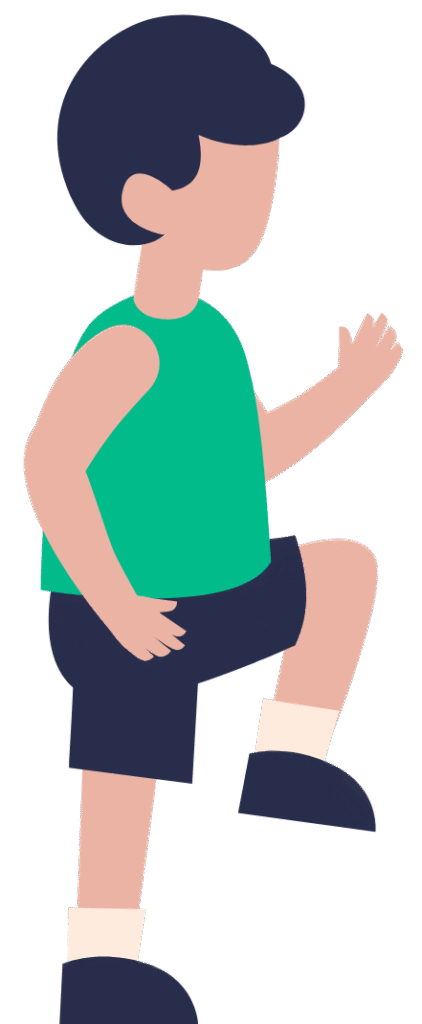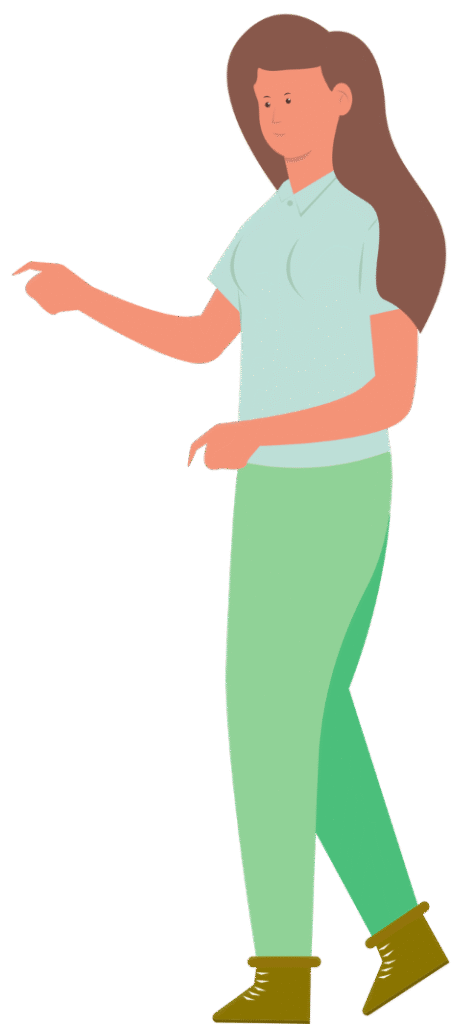Children with epilepsy and sleep apnea face a serious cardiac threat, underscoring the need for vigilant medical management.
Story Overview
- Study finds increased sudden cardiac arrest (SCA) risk in children with both epilepsy and sleep apnea.
- Research conducted using a large national health database in Taiwan.
- Key interventions include adenotonsillectomy and CPAP therapy.
- Calls for integrated screening and management strategies for affected children.
Study Highlights Increased Cardiac Risk in Children
A groundbreaking study published in the journal Pediatrics has revealed that children diagnosed with both epilepsy and sleep apnea are at a significantly higher risk of sudden cardiac arrest (SCA) compared to those with just one of these conditions. The research underscores the compounded risk these children face, emphasizing the urgent need for integrated screening and management strategies to mitigate this threat.
The study, conducted in Taiwan, utilized a large national health database, offering robust epidemiological data that highlights the synergistic risk posed by the coexistence of these two conditions. This is the first large-scale, population-based study to quantify the SCA risk in children facing both epilepsy and sleep apnea, bringing to light a critical health issue that demands attention from pediatric healthcare providers worldwide.
Watch: The association between sleep apnea and mortality risk in children with epilepsy
Impact of Screening and Interventions
The research identifies specific interventions such as adenotonsillectomy and continuous positive airway pressure (CPAP) therapy, which have differential effects on reducing the risk of sudden cardiac arrest. However, there is ongoing discussion about the potential increase in risk associated with long-term CPAP use, highlighting the necessity for further investigation into the safest and most effective treatment protocols.
As awareness grows among clinicians about the increased risk faced by these children, there is a push for updating clinical guidelines to reflect these new data. Routine screening for sleep apnea in children diagnosed with epilepsy is becoming a focal point, with experts advocating for a multidisciplinary approach to care that includes neurologists, sleep specialists, and cardiologists.
Broader Implications and Future Directions
The implications of these findings are significant, both in the short and long term. In the immediate future, there is likely to be an increase in screening and monitoring efforts for children with these conditions, potentially leading to higher healthcare costs. However, the long-term benefits include the development of integrated care pathways that could improve patient outcomes and reduce the risk of cardiac events.
Families of affected children, healthcare systems, and insurance providers are all impacted by these findings. There is an increased demand for resources and awareness to ensure that at-risk children receive the necessary care and interventions. As the medical community continues to explore this intersection of epilepsy and sleep apnea, further research will be essential to refine treatment protocols and improve the quality of life for these vulnerable patients.
Sources:
Pediatrics (2025): Wu et al., “Risk of Sudden Cardiac Arrest in Children With Epilepsy and Sleep Apnea”
PubMed: Wu et al., “Risk of Sudden Cardiac Arrest in Children With Epilepsy and Sleep Apnea”
Neurology Advisor: “Sleep Apnea Increases Sudden Cardiac Arrest Risk in Children With Epilepsy”
AAP Journal Blogs: “Epilepsy and Sleep Apnea: Increased Risk of Sudden Cardiac Arrest and Arrhythmias”









